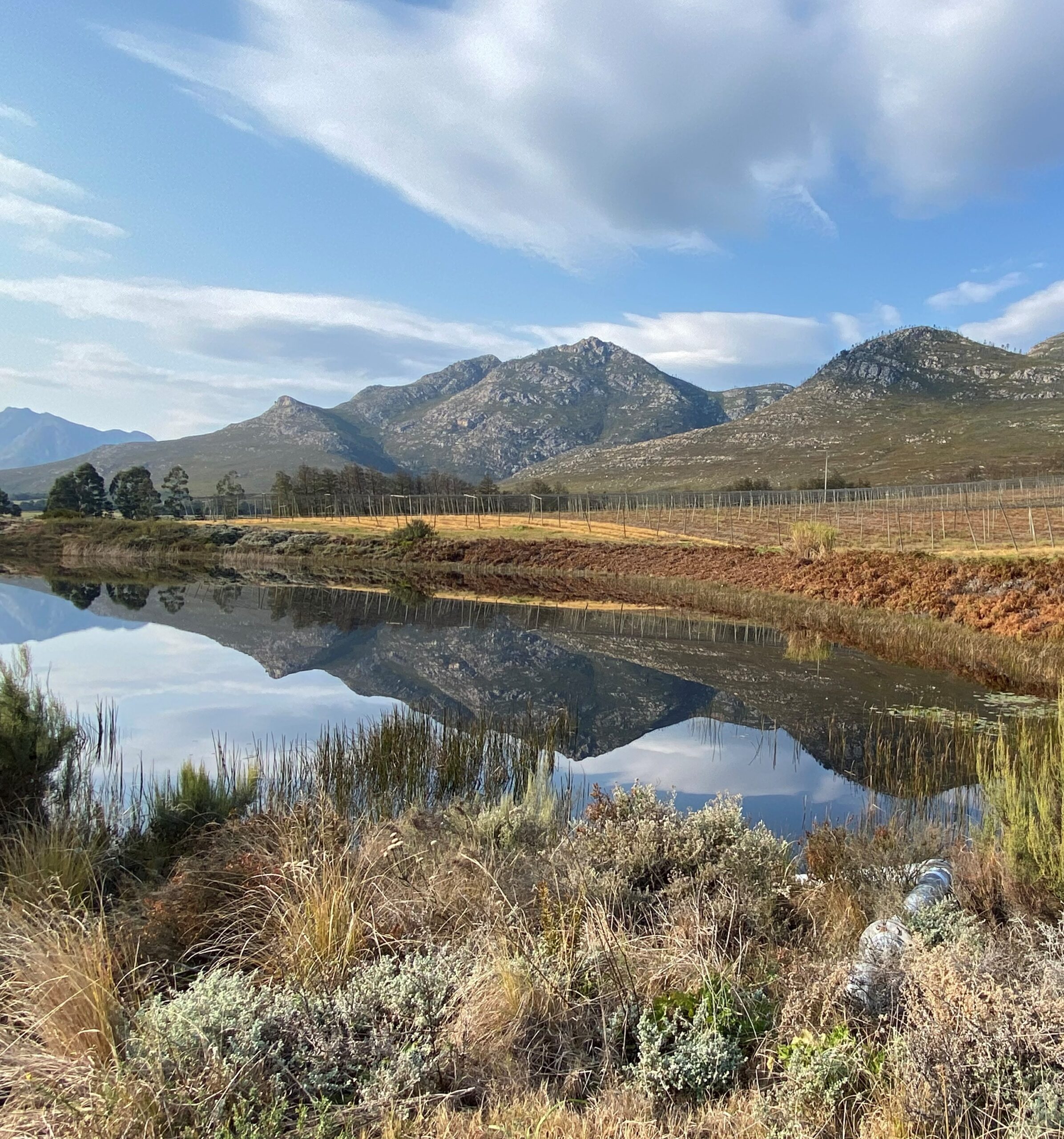Each year, the United Nations observes World Water Day as a means to highlight the critical importance of fresh flowing water. The international day also lobbies for the sustainable management of freshwater resources.
Locally, The Nature Conservancy, the Greater Cape Town Water Fund and The South African Breweries (SAB) have formed a promising partnership. The aim of the Greater Cape Town Water Fund is to clear 54,300 hectares (ha) of invasive species across seven priority sub-watersheds. The short term impact vision of the Greater Cape Town Water Fund will see an astonishing 55 billion litres of water replenished per year back to the Greater Cape Town region by 2025.
SAB’s investment in the Greater Cape Town Water Fund is $300,000(approximately R5.5 million) over three years. This will help clear 320 ha of invasive species around the upper Riviersonderend village in the Overberg region of the Western Cape, replenishing approximately 122 million litres of water to the Greater Cape Town Region over the period.
“With water being the top ingredient in our products, saving this natural resource is not only a necessity, but also a business imperative. As part of SAB’s set of sustainability goals for 2025, we have implemented various strategic water stewardship interventions to help us manage our water resources and show measurable impact doing so. This collaboration is an exciting one. Not only is it a nature-based solution, but the impact can be tracked against a quantitative set of metrics,” explains Alyssa Jooste, SAB’s Africa Sustainability Manager,
Louise Stafford, South Africa Country Director at The Nature Conservancy adds, “We value our partnership with SAB as it benefits the Greater Cape Town Water Fund in multiple ways. It helps the water fund get closer to the target of removing invasive trees from 54,300 hectares and thereby adding 55 billion litres of water per year to Cape Town water supply. By harnessing the power of nature, other benefits such as creating green job opportunities and protecting biodiversity of the Cape Floral Kingdom are unlocked.”
Job creation
The project funded by the brewery includes 94 specially trained high-angle technicians who scale mountains and work in remote and often dangerous terrain. Encouragingly, their efforts have included the removal of 29,000+ ha of invasive plants since the launch. This has returned roughly 13 billion litres/year back to the regional water system, yet the project has a long way to go to meet its goal.
“We are so encouraged by the stories from the field – the people who are summiting mountains and clearing the area of invasive species such as pine and black wattle, and of the specialised skills development for local residents through this project. The work is demanding on the passionate team, but the rewards are unequivocal. It’s great to see the project is having a real impact on their lives and a spill over into the communities that are being positively impacted,” says Jooste.
The project has many social advantages including the employment of 570 people, with a focus on hiring women and young adults. And biodiversity benefits are plenty as this work is improving the state of the smallest and most unique floral kingdom in the world.
Progress to date
The SAB funded portion of the project will have cleared 50 ha of invasive species by June 2023; by December 2023 a further 100 ha; and by Jun 2024 it is expected that a further 170 ha will be clear. With this total of 320 ha cleared, approximately 122 million liters of water will be replenished back into the area.
Jooste concludes, “There needs to be a real sense of urgency about South Africa’s conservation challenges, as well as an ongoing commitment to sustainable solutions. This partnership is one such example. It has provided us with a real opportunity to make a difference and we are impressed with the progress to date.”
Source: SAB









